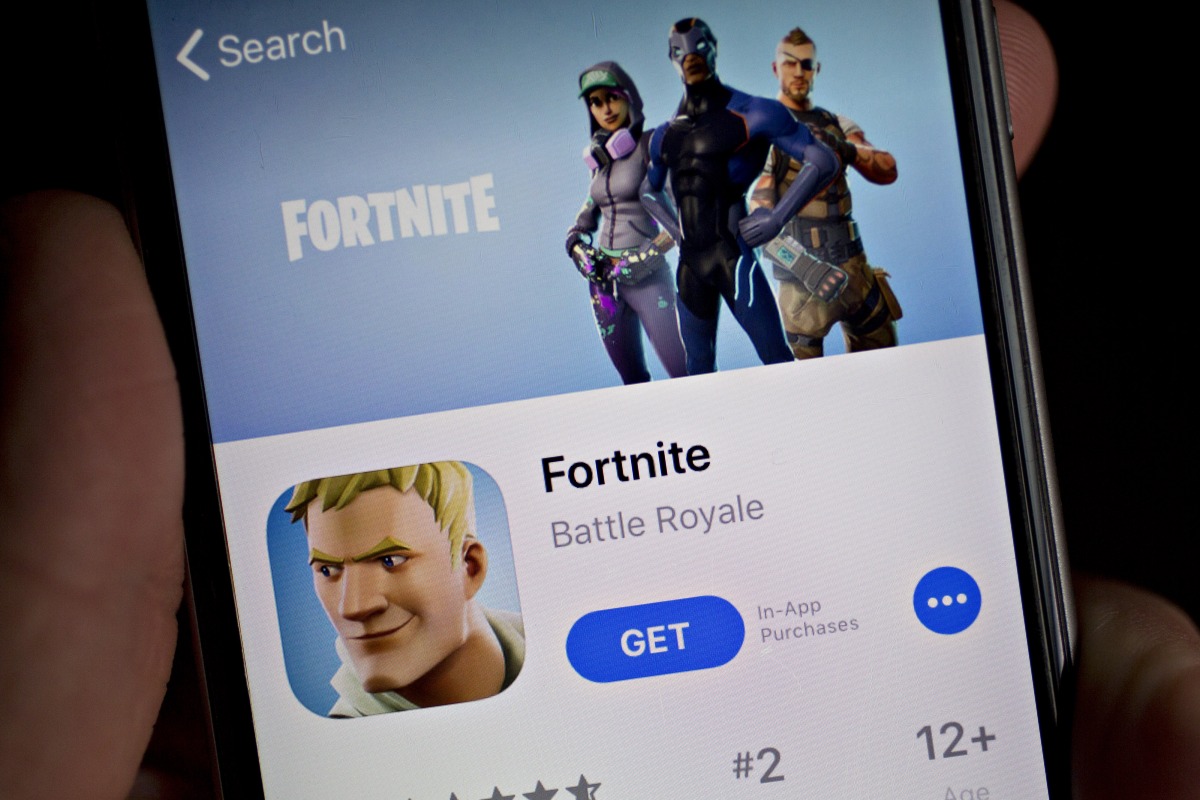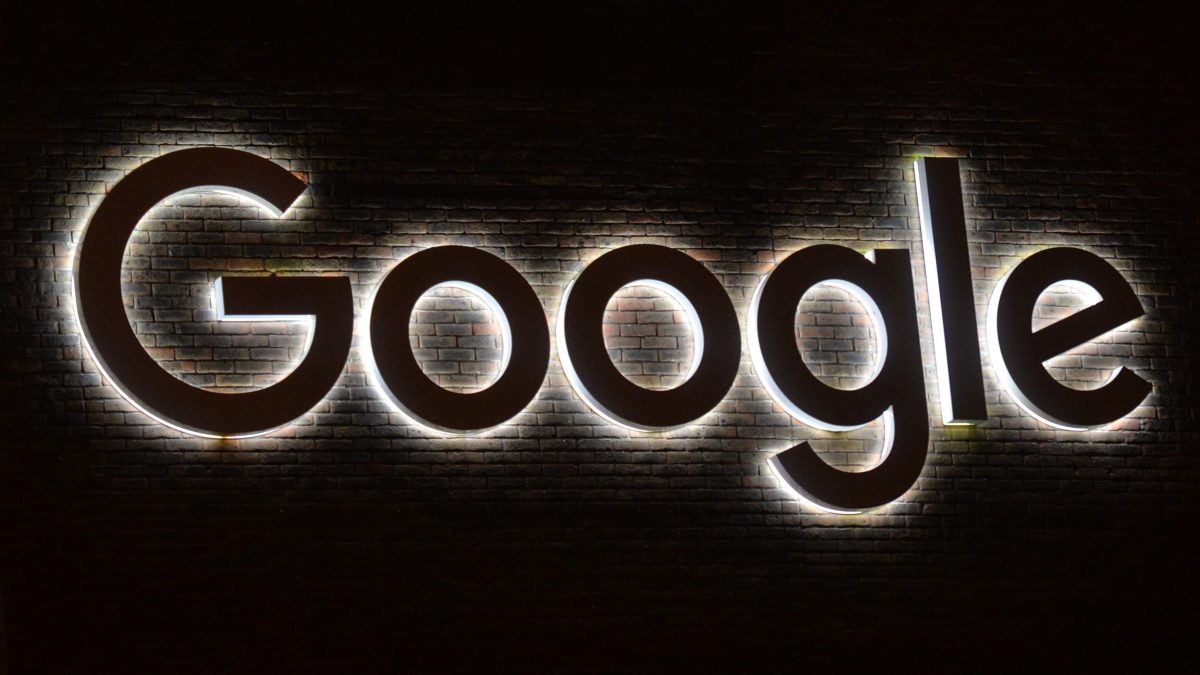The Epic Games-Apple antitrust battle resumes today in appeals court • ZebethMedia
Apple’s antitrust battle against Fortnite maker Epic Games is returning to the courtroom after both sides appealed last year’s ruling in a precedent-setting case over Apple’s alleged anti-competitive behavior. Last year, a U.S. District Court judge had largely favored Apple when ruling the tech giant was not acting as a monopolist with regard to its App Store practices. Epic Games was unhappy with that decision, of course, as it had wanted the court to force Apple to support third-party payments which would have allowed Fortnite to maximize its revenues. Meanwhile, Apple didn’t want to agree to the court’s order that said it would hae to permit apps that provide links to alternative payments. Oral arguments will kick off this afternoon at the U.S. Court of Appeal for the Ninth Circuit, in what will be an even higher-stakes trial for determining Apple’s future in the app market and its ability to set its own rules around payments and commissions. While the original case was already one of the more high-profile examples of Apple’s market power being challenged through the justice system, the appeals case will bring additional scrutiny as now, the U.S. Department of Justice and the State of California have been granted time to present their own arguments to help explain the proper legal framework for evaluating the antitrust claims against Apple. Although the Justice Department’s arguments won’t technically support either side, it’s in the early stages of filing an antitrust suit against Apple — and the appeals court’s decision on the Epic Games case could ultimately shape its own ability to effectively prosecute Apple further down the road. The DoJ’s filing explained it had concerns over how the lower court had too narrowly interpreted parts of U.S. antitrust law — the Sherman Act — as well as other issues related to the lower court’s misunderstanding of the market and Apple’s monopoly power with regard to pricing, among other things. The appeals court docket is also filled with numerous amicus briefs disputing the original ruling. These include filings by noted Apple critics like Tile, Match, Basecamp, and the lobbying group the Coalition for App Fairness, as well as from other tech companies and game store operators, like Roblox and Microsoft, various consumer advocacy groups like the Electronic Frontier Foundation Consumer Federation of America, and others. In addition, 35 U.S. state attorneys-general have filed in support of Epic Games. Epic Games had originally sued Apple in 2020 after Apple banned the company’s Fortnite app for its implementation of a new payment mechanism that allowed it to bypass Apple’s in-app purchase framework. This laid the groundwork for the antitrust case — a fight that had been brewing for years. Despite the judge’s declaration that Apple was not acting as a monopolist, the Cupertino-based tech giant appealed the ruling because it lost ground in a key area regarding what sort of rules it can make for its App Store. In the original decision, a federal judge ruled that Apple could no longer prohibit developers from pointing to other means of payment outside of Apple’s own payment system. Apple was later granted a stay on the injunction that would have forced it to comply by December 9, 2021 by updating its App Store policies, due to the case being under appeal. Epic Games had also appealed the original ruling, having wanted a decision that would have allowed the company an alternative means of serving its iOS user base, like a third-party app store, sideloading or third-party payment systems. In the months since, Apple has been crusading against the dangers of sideloading, with top execs like CEO Tim Cook and head of software engineering Craig Federighi highlighting the security compromises that sideloading entails. (This is not only due to the pressure from Epic Games, however, but also because the EU’s Digital Markets Act could mandate the method.) Epic’s lawyer Tom Goldstein will kick off today’s proceedings with his oral arguments in the appeals case presented before judges Sidney R. Thomas, Milan D. Smith Jr. and Michael J. McShane, beginning at 2 PM PT/5 PM ET. The hearing will be live-streamed on YouTube.

